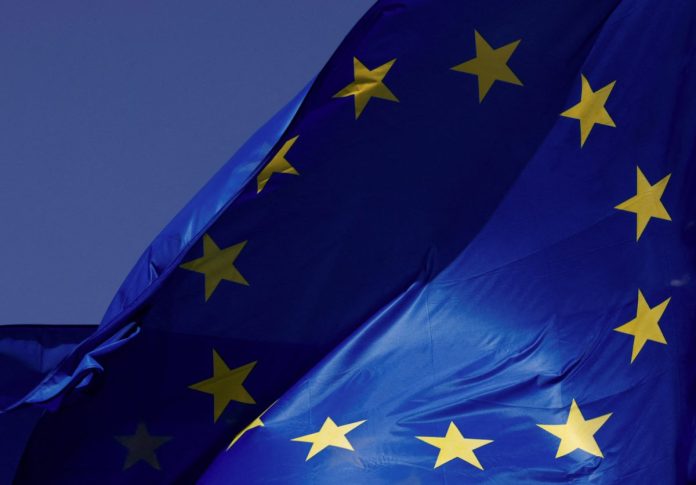BRUSSELS: The European Union has approved its 18th sanctions package against Russia, focusing on reducing Moscow’s energy revenues and closing loopholes in existing measures.
The new rules include a lower oil price cap, expanded bans on Russian petroleum products, and restrictions on shadow fleet vessels.
A key change is the EU’s decision to impose a moving price cap on Russian crude, set at 15% below the average market price.
This adjustment brings the cap to roughly $47.60 per barrel, significantly lower than the G7’s $60 limit.
The measure aims to restrict trade in Russian oil by prohibiting shipping, insurance, and reinsurance firms from handling tankers carrying crude priced above the cap.
The EU will also ban all petroleum products derived from Russian crude, though exemptions remain for imports from Norway, Britain, the U.S., Canada, and Switzerland.
Additionally, India’s Nayara Energy, partly owned by Russia’s Rosneft, has been sanctioned.
Efforts to curb Russia’s shadow fleet—older tankers used to bypass sanctions—have intensified, with 105 more vessels barred from EU ports.
The EU also sanctioned a private flag registry operator and an unnamed Russian LNG entity.
Transactions linked to Russia’s Nord Stream pipelines will be prohibited, including goods and services tied to the project.
Financial restrictions now include a full ban on dealings with Russian institutions, including the Russian Direct Investment Fund (RDIF).
Export bans now cover additional chemicals, plastics, and machinery, while 26 new entities—including firms in China, Hong Kong, and Turkey—face blacklisting for sanctions evasion.
Approval of the package was delayed by Slovakia and Malta, with Slovakia securing guarantees against losses from a future EU ban on Russian gas imports. – Reuters








